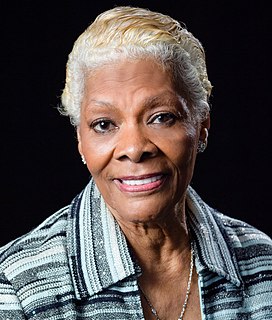A Quote by Amartya Sen
There may be countries [where] there's no gender inequality in schooling, even in higher education, but [where there is] gender inequality in high business. Japan is a very good example of that. You might find cases in the United States where at one level women's equality has progressed tremendously. You don't have the kind of problem of higher women's mortality as you see in South Asia, North Africa, and East Asia, China, too, and yet for American women there are some fields in which equality hasn't yet come.
Quote Topics
Africa
American
American Women
Asia
Business
Cases
China
Come
Countries
East
East Asia
Education
Equality
Even
Example
Fields
Find
Gender
Gender Inequality
Good
Good Example
High
Higher
Higher Education
Inequality
Japan
Kind
Level
May
Might
Mortality
North
North Africa
Problem
Schooling
See
Some
South
South Asia
States
Too
Tremendously
United
United States
Very
Very Good
Which
Women
Related Quotes
Countries with higher levels of gender equality have higher economic growth. Companies with more women on their boards have higher returns. Peace agreements that include women are more successful. Parliaments with more women take up a wider range of issues - including health, education, anti-discrimination, and child support.
When I got the women's marathon into the Olympics and we had races all over the world I thought, 'That's great, now we're heading towards total equality.' Then you see that there are women who are still not allowed to drive, get an education, or travel unless they have a male companion or can't carry their passport. There are those who are mired with incredible poverty in North Africa, the mid-east, South East Asia and there's a ridiculous amount of human trafficking.
U.N. Women was created due to the acknowledgement that gender equality and women's empowerment was still, despite progress, far from what it should be. Transforming political will and decisions, such as the Member States creating U.N. Women, into concrete steps towards gender equality and women's empowerment, I think is one of the main challenges.
Countries with more gender equality have better economic growth. Companies with more women leaders perform better. Peace agreements that include women are more durable. Parliaments with more women enact more legislation on key social issues such as health, education, anti-discrimination and child support. The evidence is clear: equality for women means progress for all.
I think the way we look upon gender is that we're realizing that we're not that different, which is a good thing. The United States needs to come further with that. In the Scandinavian countries, we've come further when it comes to gender politics and how we look upon gender and how women are treated in general.
We have not ratified The Convention on the Elimination of all forms of Discrimination Among Women. I think 194 countries have signed onto it, but the United States has not. And CEDAW to the United Nations is what the Equal Rights Amendment or the women's equality amendment is to the United States. I think we should pass the women's equality amendment and a lot of these other fights would go away.





































